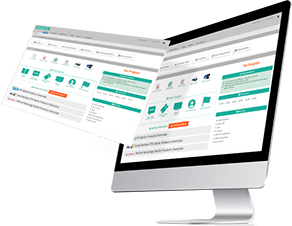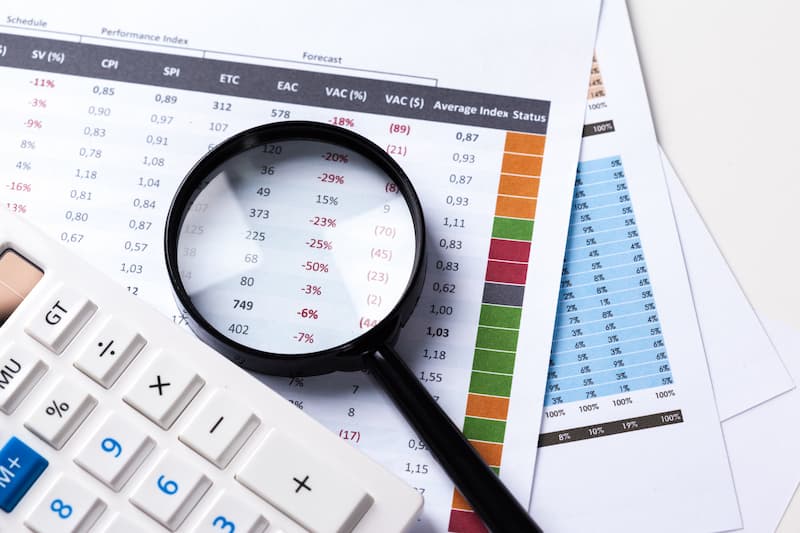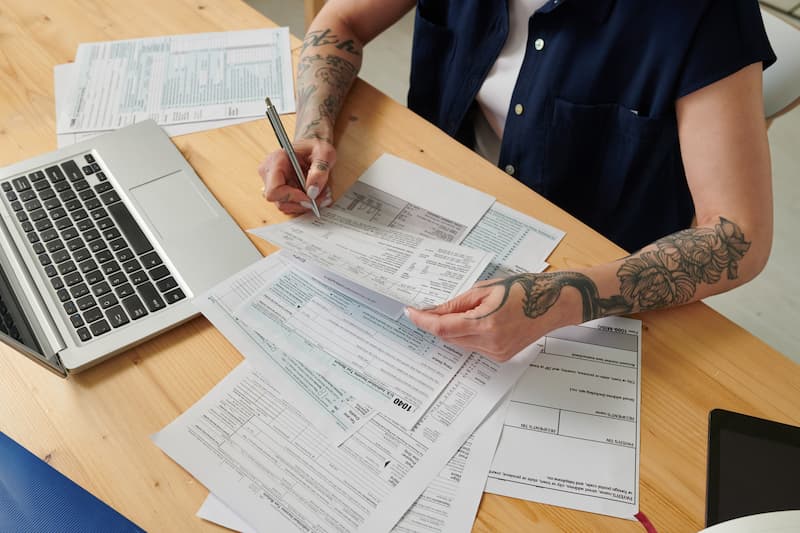Are you looking for control over your schedule? Or do you want to use your math skills and attention to detail on your own terms? Starting a home-based tax preparation business might be the perfect fit.
With the ever-changing U.S. tax code, professional tax preparers will always be in demand. This career offers meaningful income and the flexibility of being your own boss.
Read on to discover the steps involved in launching your own tax preparation business from home. We’ll cover everything you need to know to get started.
What are the Requirements for Becoming a Professional Tax Preparer?
Many people believe you need to be a certified public accountant or tax attorney to start a tax preparation business. Surprisingly, you don’t. You only need a Preparer Tax Identification Number (PTIN) to begin legally.
However, not everyone is cut out for this industry. If these points resonate with you, a tax preparation business could be your path:
- Great with numbers. Did you ace math in school? A knack for numbers is crucial in tax prep.
- Detail-oriented. Do you spot mistakes and details others overlook? This skill is vital for accuracy in tax preparation.
- Excellent communicator. You need to explain complex tax info to clients and gather all necessary details effectively.
- Strong research and organizational skills. Keeping up with tax law changes and maintaining well-organized records is key.
- Self-motivated. You’ll often work alone, so efficiently managing your time and tasks is essential.
Steps to Starting a Home-Based Tax Preparation Business
1. Get Your PTIN
You must get a Preparer Tax Identification Number (PTIN) to legally prepare client tax returns. The IRS offers an easy online application process for PTINs, which you must renew annually. Each preparer in your business must have their own PTIN. You can get a PTIN online in about 15 minutes, while mail-in applications take about four to six weeks.
2. Choose a Business Name
Choose a unique name for your business. Make sure another company in your state isn’t already using the name. You can check for free through various business registration websites. If the name is available but you’re not ready to start your business, you can reserve the name, usually for 30 to 90 days.
3. Register Your New Business in Your State
Think about the best business structure for your tax preparation business. Options include a Limited Liability Company (LLC) or C Corporation, which require state registration. If you choose to be taxed as an S Corporation, you’ll need to file with the IRS. These structures offer advantages over sole proprietorships or general partnerships, such as liability protection. Consult with legal and accounting professionals to decide the best option.
4. Open a Business Bank Account
The next step is to open a business bank account. This is crucial for keeping your business and personal finances separate. If your business is an LLC or corporation, having a separate bank account is necessary to maintain legal protections for your personal assets.
5. Get an EIN
You’ll also need an Employer Identification Number (EIN) for your business. This tax ID number is essential for hiring employees and operating as a corporation or partnership. You can apply for an EIN online for free through the IRS website.
6. Obtain an Electronic Filing Identification Number (EFIN)
If you plan to file 11 or more tax returns, you must file electronically. To do this, you need to become an Authorized e-file Provider and get an EFIN. Here’s how:
- Create an IRS e-services account
- Submit your application
- Pass a suitability check
The IRS will send you an acceptance letter with your EFIN once approved. Remember, this can take up to 45 days. Also, some states require a separate application for state tax returns.
7. Decide on Your Revenue Model
Consider how you’ll generate income. Will you provide accounting and bookkeeping services year-round or focus solely on tax season? Are you targeting businesses, individuals, or both? What about pricing—will you charge per service or by the hour? Read more about pricing here. Answering these questions will help shape your business strategy and marketing efforts.
8. Look into Tax Preparation Software
Home-based tax preparers need reliable software to efficiently handle client needs. The right software simplifies the process, keeps client information secure, and includes bank products to sort out the financial aspects for you. When making a decision, do a tax software comparison to find the best fit.
Which software is best for your home-based tax preparation business? That depends on the types of tax returns you handle, the volume of returns, and your budget. Look for professional tax preparation software with bank products to streamline your operations. Keep security in mind, as you’ll be handling sensitive client information.
Final Thoughts
These are the main steps you’ll need to start your home-based tax preparation business. Once you launch, develop a marketing strategy with the goal of driving website traffic, gaining social media followers, and getting listed on Yellow Pages and other directories.
Network everywhere you go and consider paid marketing opportunities. If you want to grow beyond seasonal tax prep, add services like accounting and bookkeeping for small businesses—this will help you achieve consistent revenue year-round.






